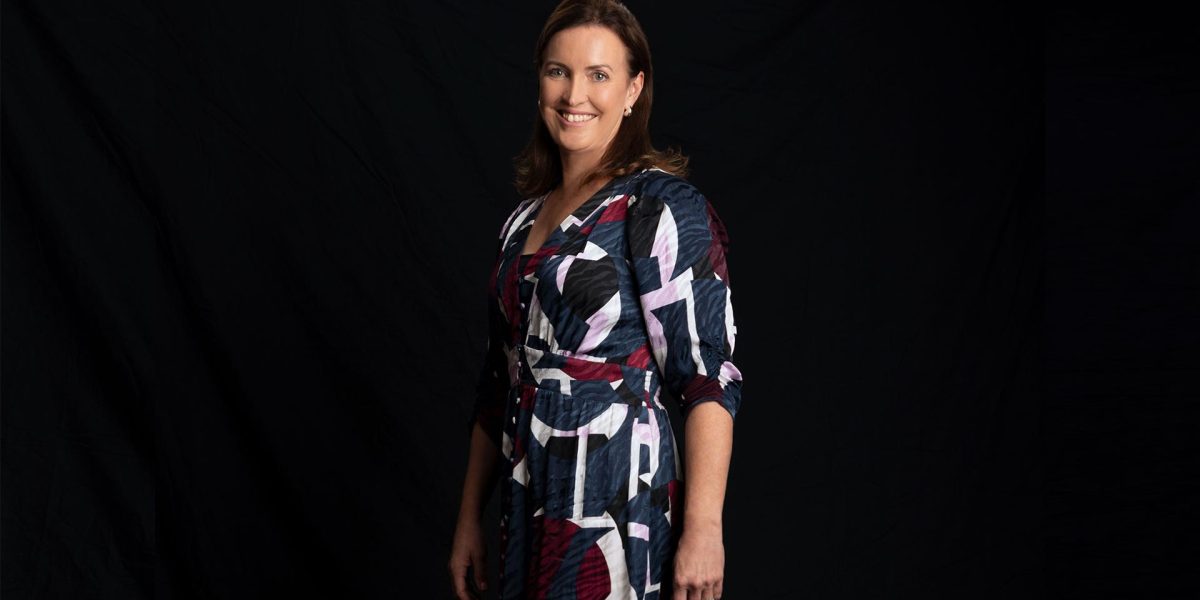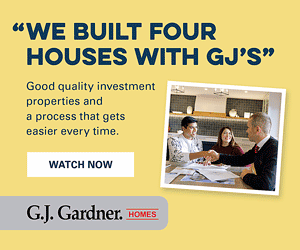Growing Success With Jennifer Whittle: Director of Communication and Engagement at New Zealand Green Building Council
How do you define effective leadership, and how has your definition evolved over time?
It’s important to enjoy what you do, why you do it and be generous in sharing with your teams. They’ve been recruited for a reason and so empowering each team member with enough information to understand where they fit in delivering on the wider vision and strategic intent is important for them to focus, while feeling respected and valued.
Increasingly, I’ve tried to work to foster a positive environment that encourages bringing ideas to the table, working collaboratively, celebrating our successes, unlocking barriers, and learning from mistakes. It’s important not to wait for those half-yearly or annual reviews to give feedback. Letting people know how they’re progressing and providing feedback along the way, sets us all up for success and rights the wrongs – no surprises.
What strategies do you use to build and inspire a high-performing team?
I’m proud to have worked in and across teams that have delivered some outstanding results in challenging times. Understanding our purpose and where we fit is important, as well as appreciating the strengths and skills of those around us to help us all achieve. I’ve been lucky to work across a range of industries, countries and cultures, so I also try to introduce ideas from outside our business or industry as I think we can easily fall into group-think. This can be as simple as buying tickets to TedX for team members to “step outside” our everyday and seek inspiration from others. Our team works to share our learnings and build that sense of community.
Can you share an example of a leadership challenge you faced and how you overcame it?
There are times when leaders can be asked to take on tough decisions that have the potential to affect individuals and relationships. I try to stay connected with my values, maintain my integrity while also respecting others impacted by the decision.
I’ve worked on projects that were challenging in terms of time, conflicting stakeholder interests and mismatched outcomes across the parties involved. One project that wasn’t going well resulted in my being put front and centre during a discussion. At the time I took ownership of the issue, I was fortunate to be in contact with the senior leaders involved, so I worked through a plan to move forward and reset the relationships across my team and the partners involved.
It was uncomfortable but we can learn a lot from being uncomfortable.
What roles do mentorship and networking play in your approach to leadership?
I started my career as a qualified accountant and was fortunate to be given the opportunity to move into brand, marketing and communications, alongside some very talented people and global agencies. I’m a sponge. While I may have had the commercial knowledge, I needed to learn to apply it creatively and across wide-ranging cultures.
Self-awareness is also important. What works for some, may not work for others. I’m fortunate to have worked with highly respected individuals who have helped me understand how to adapt, and carve my own pathway.
I’m also really proud of some of the opportunities I’ve had to pass learnings on or create opportunities for others. As a leader of a new team, it’s important to identify what’s important to each team member, and if they don’t feel they’re succeeding, to understand why and whether it’s possible to help develop a plan that supports their success within or outside the organisation.
How do you balance maintaining authority while fostering collaboration and inclusivity?
I work hard to create a safe environment by understanding personal and professional goals. Often, this means being as transparent as possible in your communication and the knowledge you’re sharing, while also being open to questions, feedback and further discussion for problem-solving.
Sometimes as a leader, we can talk too much! Inviting others to lead a project, discussion or meeting while playing your part as a member of the team can often allow us to see and learn from a different perspective.
What is the most challenging obstacle you’ve faced in your career, and how did you navigate it?
Uncertainty is tough. I’ve been through some company acquisitions and restructures when there wasn’t much information flowing, so people were speculating and filling the void. People often have a different response to change. Some were pulling the ladder in behind them, others retreated and attempted to wait it out. At the time, I was a single mum, so the pressure was very real. I had to work out what was important to me personally and professionally, and stay focused on what motivated me. I was able to find some projects that were important to the business, continue to build my experience and further relationships. Maintaining self-respect was important.
Looking back, I could have done a few things better. Perhaps been faster in my response; procrastinated less, but I try to be objective and reassure myself that you have to learn from the experience.
What are your go-to strategies for managing stress and avoiding burnout?
It’s important to recognise and communicate when pressure is building. I try to be mindful and understand where the pressure is coming from and what I can do about it. We all work hard to manage our time effectively, so being willing to re-prioritise is important. Sometimes, the expression, “slow down to speed up” can be a useful reminder.
I admit I’m not always succeeding here and at times, the expression on my face can say it all! In most of my professional relationships, people know they can call me out if the worry lines are showing.
Growing up, my family has always used exercise to release tension. I like to reset my thoughts with something as simple as a daily walk to reconnect with the world outside.
I’ve moved cities and countries, and have somehow always found my tribe. I’m fortunate to be surrounded by a diverse range of friends and connections who are generous in their willingness to share their experiences, give constructive feedback, and often just listen.
How has your perspective on resilience changed as your career has progressed?
It’s refreshing to see resilience recognised as a positive characteristic. In the past, I’ve heard people described as tough or robust. The ability to reflect, learn and adapt may take time but it can be a healthy trait, even if it’s uncomfortable.
What habits or routines have been instrumental in your personal and professional growth?
Over the years, I’ve worked in roles where I felt I wasn’t totally sure of myself and my knowledge, so I invested in further study. This was also helpful to meet others who felt the same and build out my networks of those on a similar journey.
Being authentic, open to feedback and willing to learn. Recently discussing one of the characteristics we enjoy across our teams is curiosity. It’s ok not to know everything or to be unsure.
How do you stay motivated and continually strive for improvement in your career?
Working out my why – what gets me out of bed everyday. When I find myself in difficulty, understanding what needs to change. Often it’s not the people or organisation, sometimes I just need to adapt while staying focussed on the end-game.
What advice would you give your younger self when you were just starting out?
I first qualified with one of the large, international accounting and advisory firms, so for some reason, I always felt pressure to be productive and deliver. I would tell myself not to think in six-minute units (i.e. chargeable hours). It’s good to slow down to speed up!
What role does feedback play in your journey of self-improvement, and how do you approach it?
I both share and invite feedback. At times, I may suggest my impression of my performance to elicit honest feedback from others. Having said that, women are naturally hard on themselves, so it’s important to trust others when asking for feedback.











